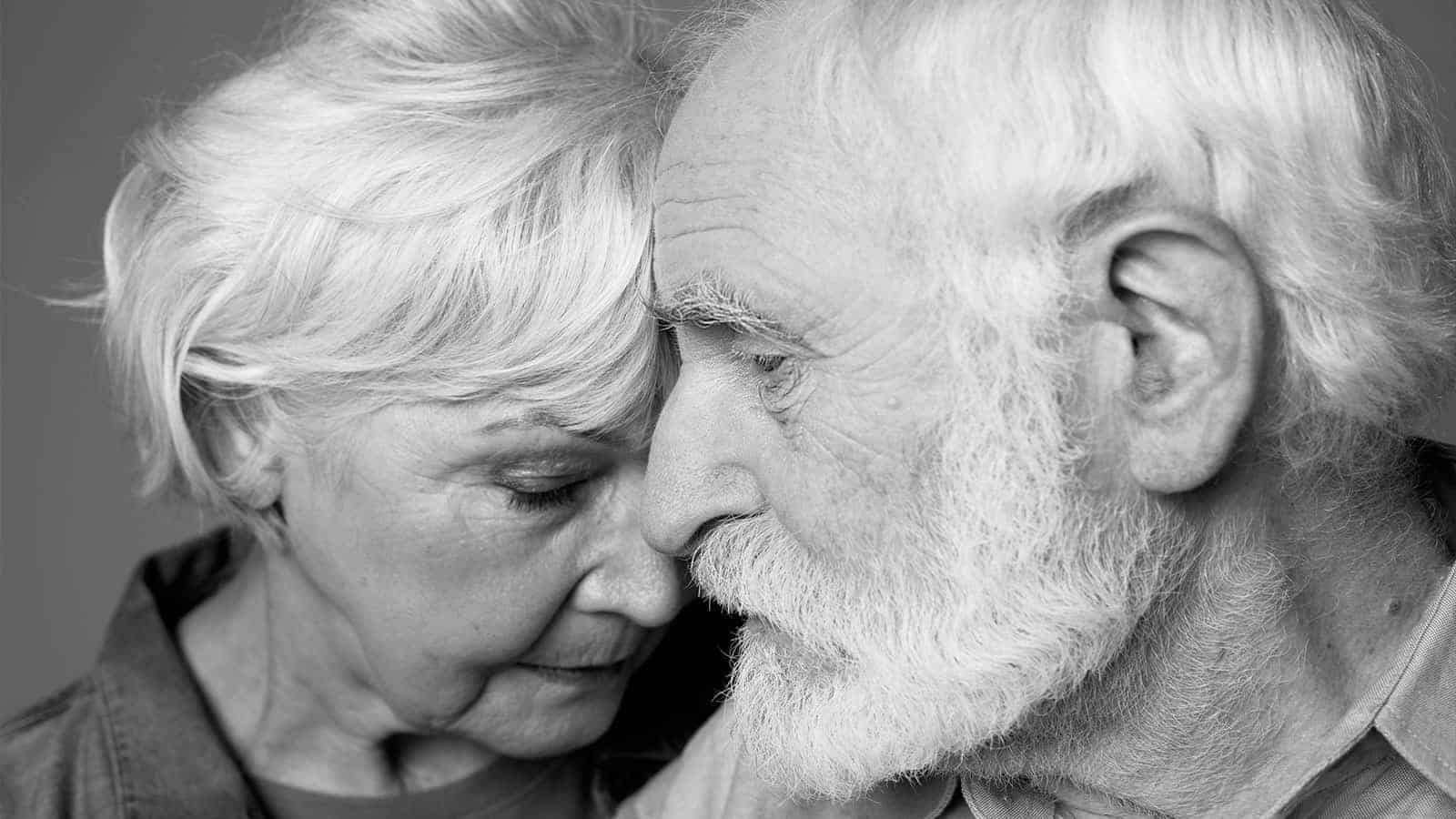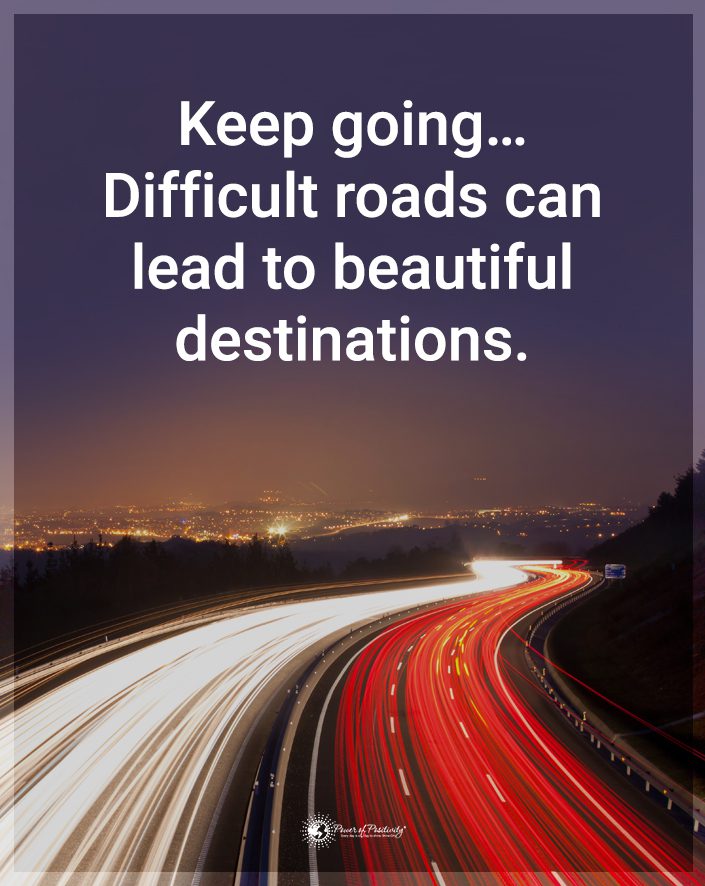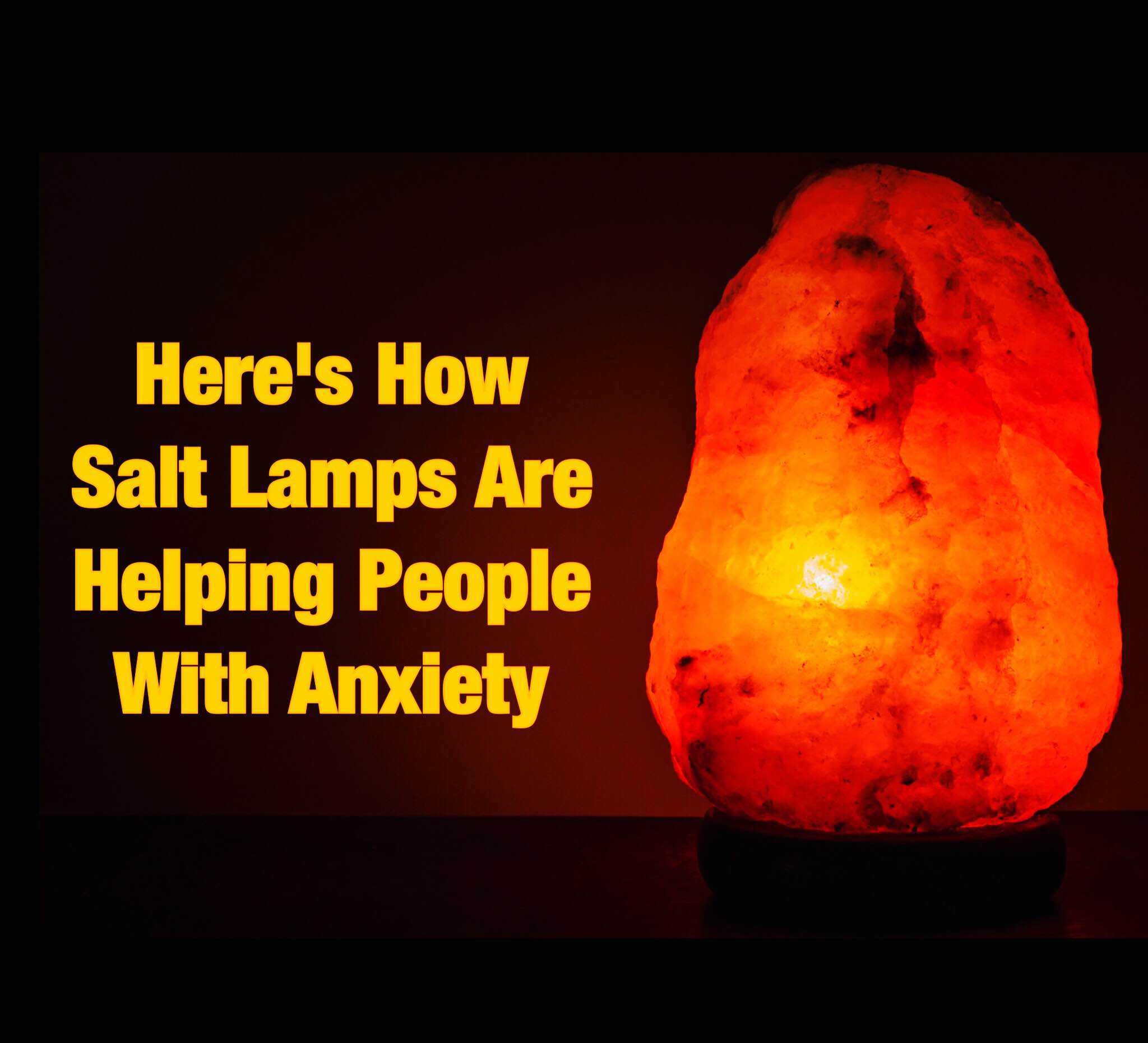Regardless of what type of relationship you are in – whether it’s marriage, friendship, or something else – you want it to be a lasting relationship. This is because humans need to be with other people. We’re pack animals, so collaboration and community are essential for our well-being.
But, as we all know, maintaining relationships in the long-term is hard!
Bringing two people together is always a challenge, regardless of the type of relationship you share. So, how do you create a long-lasting relationship? What sort of foundation do you need?
To help you answer these questions, we spoke to Dr. Ron DeStefano, Ph.D. He’s been working with couples for more than 45 years and has trained several other therapists all around the world. Not only that, he is the youngest Charter Member of the American Family Therapy Academy. Needless to say, he’s an expert when it comes to relationships.
Our Two Fears When it Comes to Relationships
To know what you must do, it’s important to understand what fuels a lot of our behaviors. As Dr. DeStefano explains, human beings have “two extreme fears.” When any relationship starts, we experience love. This love is blind, initially, anyway. We all get caught up in “the beautiful madness of falling in love.”
Over time, though, this dwindles for most people. Couples start telling each other things like, “I love you, but I don’t think I’m in love with you.”
This triggers the two main fears that humans have when it comes to relationships: fear of abandonment and fear of being trapped. Dr. DeStefano notes that “Depending on our mood and how we treat each other, we often vacillate between those two opposites.”
Every lasting relationship, particularly long-term romantic ones, go through difficult periods that bring up these fears. When this happens, couples “can either break up or have break-throughs, both individually and as a couple.”
Starting on the Right Foot
Fortunately, there are certain skills that we can all learn for building lasting friendships, marriage, or other relationships. And, according to Dr. DeStefano, these skills are seemingly relatively simple.
So, what are they? Being present and mindful.
“Presence is the best ‘present’ we can give to each other.” It shows we are grateful, which leads to happiness. Being present and grateful toward our partner continues the circle of happiness. In turn, your partner will be more present and grateful toward you, as well.
At the beginning of a relationship, presence is hardly given a second thought. We show that we are present and appreciative of our partner in so many ways. We show these gestures of kindness with our words, expression, or looks of affection. To start, we almost always feel that “us against the world sort of thing.”
But, the longer the relationship goes, the more distracted we become with regular life. Not only are we constantly bombarded with digital information from our computers and cellphones, we worry about work, kids, and other responsibilities. Our relationships no longer get the time and presence they need to survive.
Meanwhile, mindfulness is being aware of the present. The concept grew out of meditation. Being more aware of yourself and also your surroundings is extremely healing. It brings you more peace and enables you to be present and also receive someone else’s presence.
When you stay aware of your presence, you are creating a strong foundation for any relationship. Cultivate these skills like you would a garden. Take some time, slow down, and remind your partner that you see them, hear them, and are fully aware of them with every sense you have.
What Does Being Present Mean?
If you still find yourself a bit confused about what being present is, don’t worry about it! To help, Dr. DeStefano gave a great example of what being present is:
Think about a parent at the park with their toddler. When their toddler plays on the swing or slide or anything, they don’t beg their parent to tell them how good they are doing. Instead, they just ask their parent to watch them. They want to be seen.
When their parent looks and smiles at the sight of their child playing, that positivity is enjoyed by the child, and they feel good. This is being present. You don’t need to say how good your partner or friend is doing something. You just need to be aware of them.
The Other Two Essentials for Strong Relationship Foundations
Aside from presence and mindfulness, people also need to create a strong foundation of trust and safety in their relationship. These factors relate more strongly to the two main fears that we have in relationships. If we fear abandonment or entrapment, our sense of trust and safety will waver.
Learning and maintaining these two factors is possible. Though it does take hard work and commitment, let your significant other know that you want always to be a team. This doesn’t necessarily mean staying together. You can come apart as a team, as well. But it is one of the most difficult things to do.
Further, if you notice cracks in your relationship foundation, set about fixing them right away, make “repair attempts.” These are basic apologies that include verbally saying you’re sorry and showing your partner that you’re apologetic.
It’s also important that you be willing to take a break from arguments or disagreements you’re having in your relationship. This doesn’t mean that you are walking away, but rather that you are taking a time-out to cool off. Once you’ve taken 20 minutes to relax, you can return to the conversation without the negative emotions that often lead to criticism.
Stay Aware of Common Relationship Killers
Part of being present and aware of your life is being capable of recognizing the things that often destroy relationships. There are four things that Dr. DeStefano mentioned: criticism, contempt, defensiveness, and stonewalling. These four habits, the Four Horsemen, were defined by Dr. John Gottman, a world-renowned researcher of marital stability and divorce prediction.
The first issue, criticism, can easily worm it’s way into a relationship when you don’t stay aware of it. Any time you live with someone, they are going to engage in habits that are bothersome to you. For instance, maybe they leave wet towels on the floor or bed.
Initially, you may talk to them about these towels. You’ll say things like, “please don’t leave wet towels on the bed.” Eventually, these phrases will morph into criticisms of the person’s self. For instance, you’ll say things like “you’re such a slob,” instead.
This constant attack of a person’s personality or character feels like abuse. In response to it, people shut down and become contemptuous. They are thus leading to the second issue of contempt.
In response to criticism, people will also become defensive. This is a natural response. We want to defend ourselves when we are being attacked. So, when we feel victimized, we blame the other person. We start criticizing them, thus leading to contempt and defensiveness from them, as well.
Finally, people begin stonewalling. They lose their energy when it comes to defending themselves all the time. Instead, they sit with disapproval and are mentally flooded with emotions and feelings about themselves and their partners.
Enjoying Stronger Relationships
It’s important to note that you cannot change the other person in your marriage, friendship, or what-have-you. All you can do is change yourself. Notes Dr. DeStefano, “If you change your ‘dance steps,’ sooner or later, your partner may change their steps.”
Instead of getting caught up in the “Four Horsemen,” be aware of your behavior and your patterns. You won’t be perfect since humans are never perfect, but being present and aware makes you the best version of yourself. These seemingly simple skills make everything work better, from relationships and communication to work.
It’s also essential that you stay aware of your limitations. “Don’t take a step longer than your leg,” says Dr. DeStefano. “If you feel like it’s too much, try a smaller step toward that goal.” There is nothing shameful about your personal limitations, but you must acknowledge them to keep growing.
Further, Dr. DeStefano makes special note of the importance of “gratefulness and great-full-ness.” No matter what type of relationship, being grateful leads to you being great-full. This makes you happy with yourself and happier with your partner.
It also helps you maintain a good ratio of positive and negative experiences. If possible, aim for a ratio of at least five positive experiences for every negative experience. This 5:1 ratio is key to long-term relationship success, according to Dr. DeStefano, citing the research of Dr. John Gottman.
Final Thoughts on Relationship Expert’s Advice for a Lasting Relationship
Presence, mindfulness, trust, and safety: these four learnable skills are what you need to build a strong, lasting relationship. They apply to almost any type of relationship, including marriage and friendship, as well.
So, if you’re thinking about how to get back to “huddles and cuddles,” or deciding whether to “leave and go, or somehow stay and grow,” remember the importance of cultivating these skills. Relationships are like a garden: without regular effort and attention, they will eventually wilt and die.



















